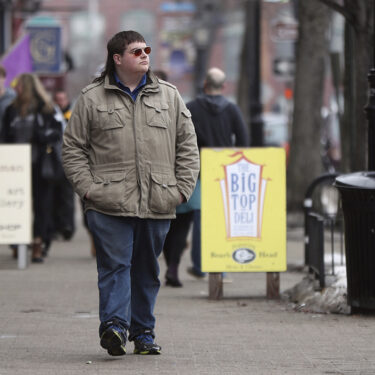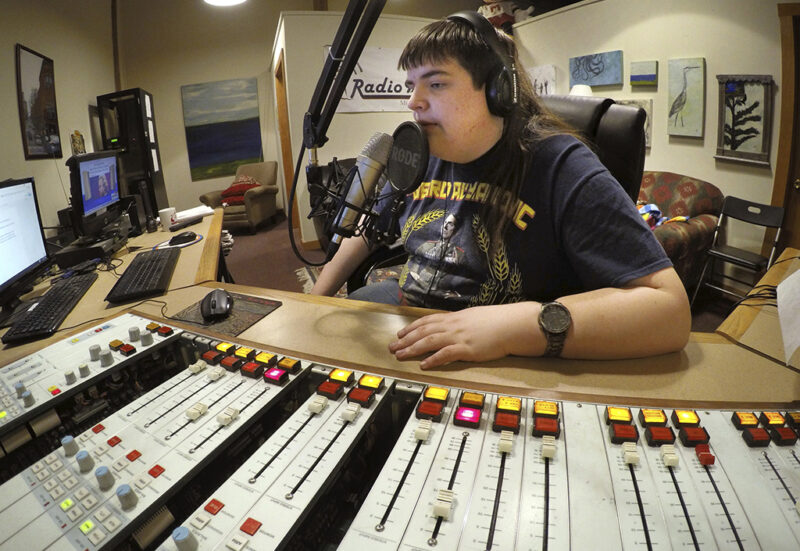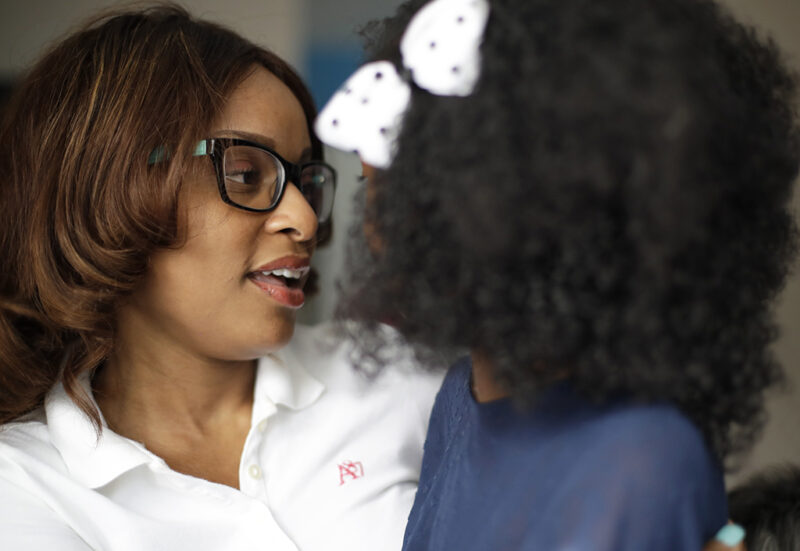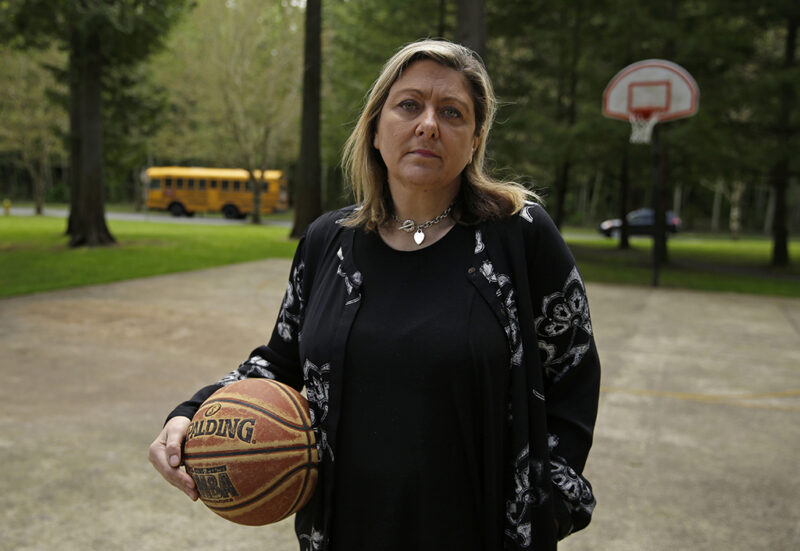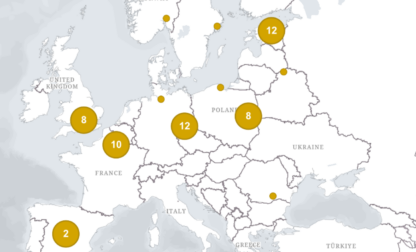The email to AP confided: “Up until reading your article I believed that my daughter’s assault was an anomaly. It’s not something that is talked about. School officials must take immediate and proactive steps to protect students from being assaulted on school grounds. The first step is to bring it out in the open.”
The anguished mother was responding to the first installment of an Associated Press series running through May exploring the untold story of student-on-student sexual assaults, not on college campuses but in U.S. elementary and secondary schools. The result of a yearlong investigation, the expose by Emily Schmall, Reese Dunklin, Robin McDowell and Justin Pritchard earns the Beat of the Week.
The AP team found about 17,000 official reports of sex assaults by students over a four-year period – an undercount because 18 states don’t track such assaults.
The reporting team, led by editor Maud Beelman in Dallas, ultimately found about 17,000 official reports of sex assaults by students over a four-year period and examined how well – or, in some cases, how poorly – schools address the nationwide problem. Reporters surveyed state education departments and consulted federal crime data for that tally, which is nonetheless an undercount because 18 states don’t track on-campus sex assaults and those that do vary widely in how they classify and catalog such incidents. K-12 schools, unlike colleges, face no federal reporting requirements.
.@AP investigation finds for each adult-on-student sex assault at a K-12 school, there are seven by kids on kids. https://t.co/fZuaaZN23r
— The Associated Press (@AP) May 1, 2017
The series began with the story of one middle schooler in Maine,who was bullied for a year and then,he said,raped three times by his seventh-grade classmates. The boy and his family spoke to AP publicly because they said they wanted to spare others from going through what they had endured. On-the-ground interviewing in Brunswick,Maine,by Minneapolis correspondent McDowell was supplemented by reporting from Fort Worth correspondent Schmall,and reporters Dunklin and Pritchard,based in Dallas and Los Angeles, respectively.
One startling finding of the AP investigation was that some victims were as young as 5 and 6 years old. That was the subject of a separate story. Other elements of the first installment included: a report on AP’s methodology,a 50-state look at the problem, and a `What to Do’ sidebar for readers who learn about or suspect an assault. Mike Sirolly in Philadelphia and Michelle R. Smith in Providence contributed to the latter two pieces.
So far more than 100 readers have used a special email address, telling their own stories of abuse and concluding like the mother above: “I thank you for this article.”
Pritchard had the idea to publish a special email address for feedback,which is being appended to all stories in the series. More than 100 readers have used it so far,many telling their own stories of abuse and concluding like the mother above: “I thank you for this article.”
For their deeply reported and sensitively written kickoff to an important national investigation,Schmall,Dunklin, McDowell and Pritchard win this week’s $500 Beat of the Week award.

